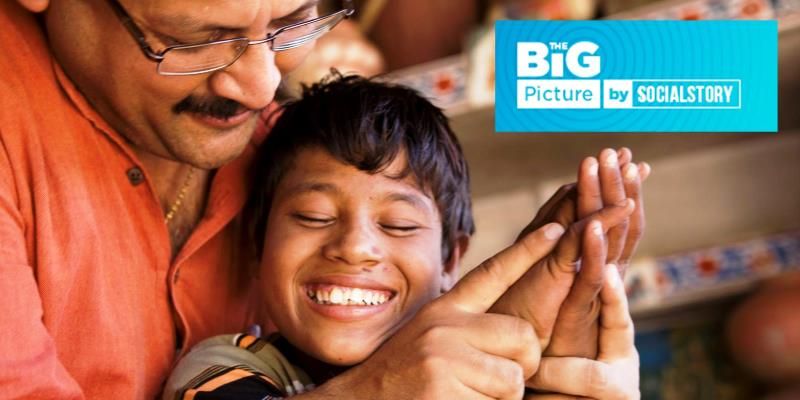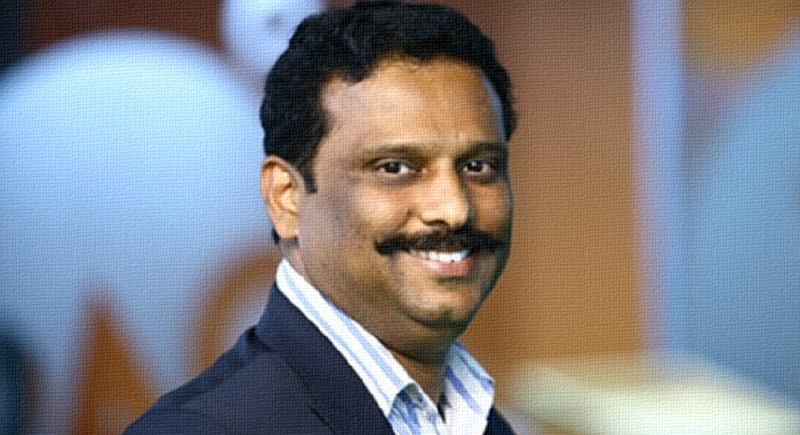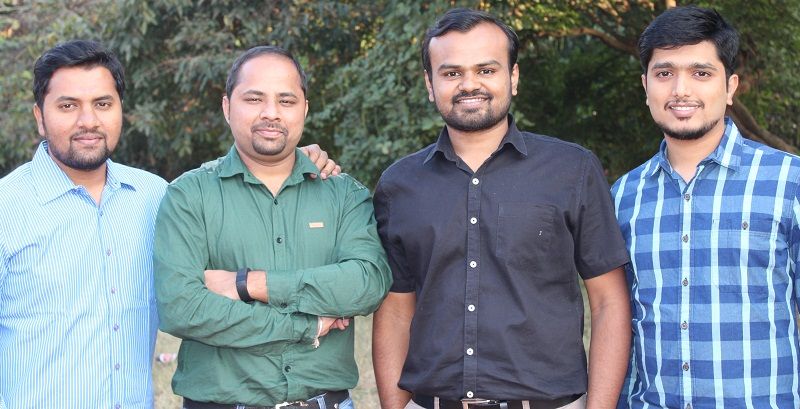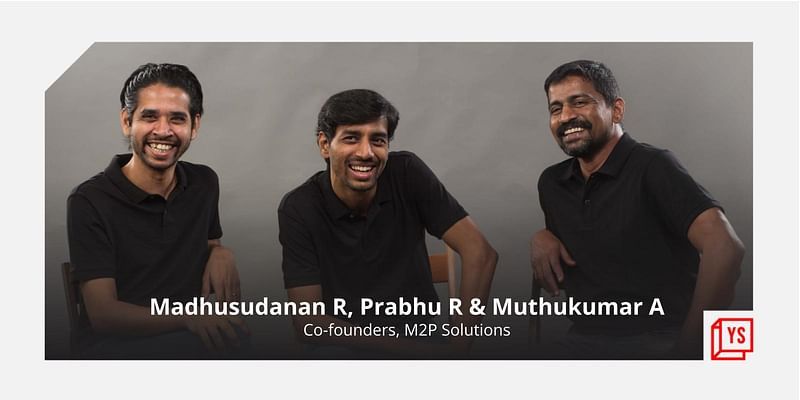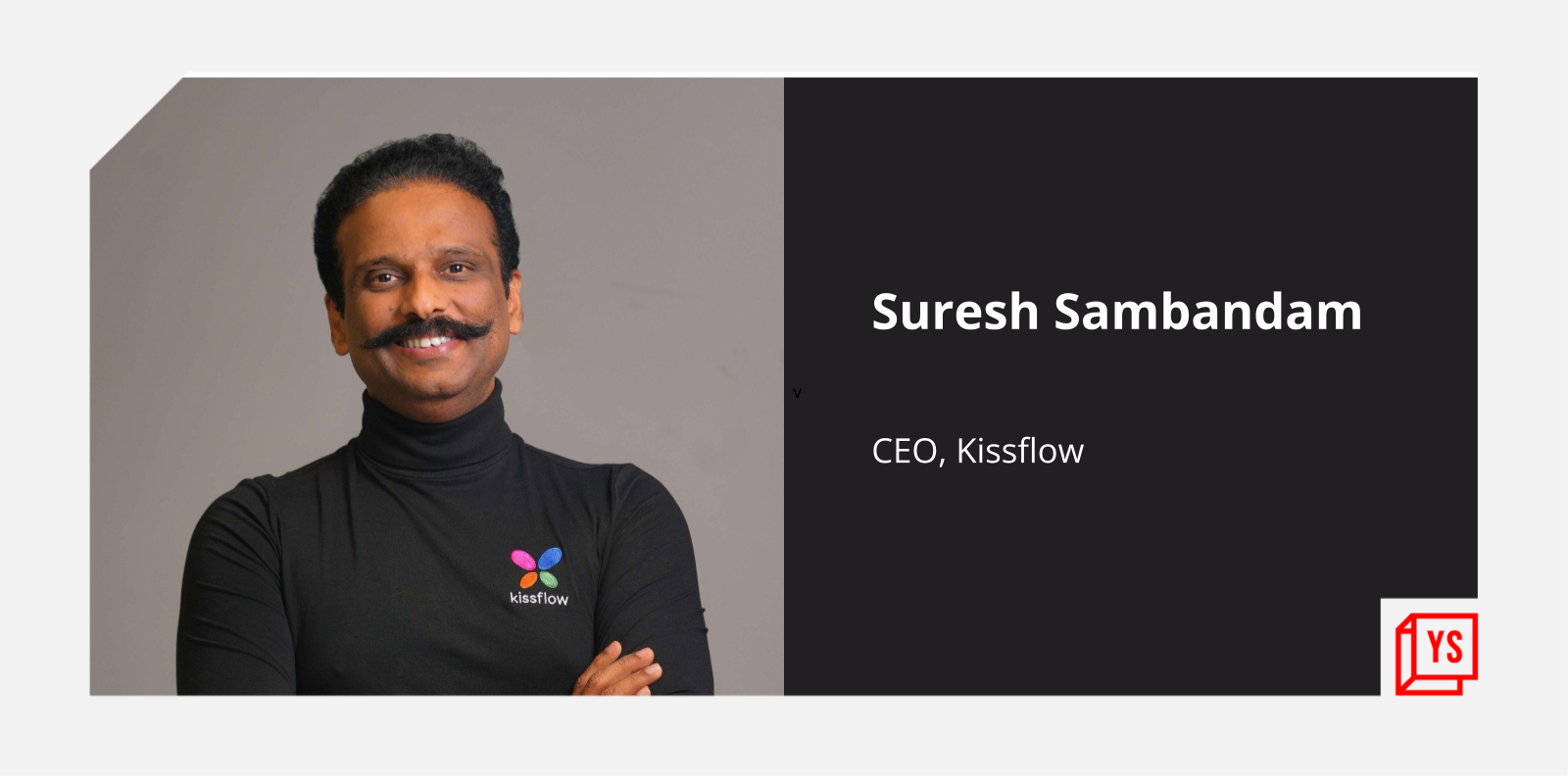Messengers on cycles - transforming lives of India’s deafblind
It was 1992. I was working on a nationwide project with adults with blindness when I first met Rajesh in the interiors of Gujarat, at a place called Sanand. He was a small, 10-year-old boy, with deafblindness, using various gestures to try to communicate with me. He was the first deafblind child that I ever interacted with. It was difficult to understand what he was trying to say and his parents, especially his mother, anxiously asked me to help their baby.

At the time, the only school providing any services to deafblind children was all the way in Mumbai at the Helen Keller Institute. Poor and uncertain, Rajesh and his parents could not afford to travel so far. So I suggested that Rajesh’s mother could try to learn sign language at a school for the deaf, only a few hours away in Bhavnagar. Maybe if she learned, she could, through gestures, teach Rajesh too. Ready to try anything to help her son, she agreed and learnt elementary sign language and even began communicating with him. It worked! This was phenomenal to everyone who was part of the process.
Now a mother could finally ‘speak’ to her child and the child could ‘speak’ to his mother. It was very encouraging to see Rajesh express himself. It got me thinking about the many other deafblind children and adults out there, who were trapped in a cocoon, isolated because they couldn’t communicate.
During the same project, I met many people with blindness with multiple disabilities. Each one was different. What applied to Rajesh wouldn’t necessarily apply to them. I was clueless when I thought about possible interventions for them. This made me roll-up my sleeves and begin my journey. Somebody had to provide services to people with deafblindness. We had to. It was a challenge but with the support from Sense International in the United Kingdom, I was motivated.
Today, two decades after being part of Sense India, Rajesh is over 30 years old. He runs his own sweet shop where he independently cooks (yes, cooks!) and sells delicious snacks! He travels, communicates and runs his business independently. He now wants to learn English and American Sign Language, so that he can travel to other cities and grow his business. He is also an active member of Sense India’s Adult Network for deafblind, where he stands as an inspiration and support to many other deafblind adults.
If one can take away anything from this story, it is that even a little access to the right resources can go a long way and help transform the life of a deafblind child and their family.
Deafblind children and adults have always been invisible. Their rights have been trampled upon as they are often mistakenly identified as emotionally or intellectually challenged. In some parts of India, they are even branded as a curse. In 1997, there was only one school in India providing services to 23 deafblind children – whereas there are an estimated 500,000 children and adults with this multi-sensory disability. To address this dire need, Sense International India (also known as Sense India) was established in 1997 as the first national NGO supporting the development of comprehensive services and training for deafblind people.

Currently, Sense India is working in 23 states in India, through a network of 57 partner NGOs. Our work impacts more than 71,500 deafblind people, transforming their lives from isolation and neglect, to communication, interaction and self-esteem. There are more than 50 programs providing need-based support and ‘deafblindness’ is beginning to be a known name. There are three strong teacher-training programs churning out qualified educators. The efforts by my colleagues in Sense India are being replicated in neighbouring countries, including Nepal, Bangladesh, Sri Lanka and Malaysia.
This year in Ahmedabad, we have organised a unique cyclothon in honour of Helen Keller’s birthday. The first of its kind in India, the cyclothon will see deafblind children and adults, school children, and people with disabilities – as “messengers on cycles” – riding cycles and tricycles together, to raise awareness and advocate for equal rights. Last year, over 500 individuals took to the streets of Ahmedabad and this year we expect even more.
Helen Keller once said, “Blindness separates a person from objects but deafness separates him or her from people.” Around 95% of everything that we learn comes from what we see and hear. Can you imagine the situation for a deafblind person?
Sense International India is running a crowd-funding campaign on Ketto to raise awareness about deafblindness. You can contribute here.






